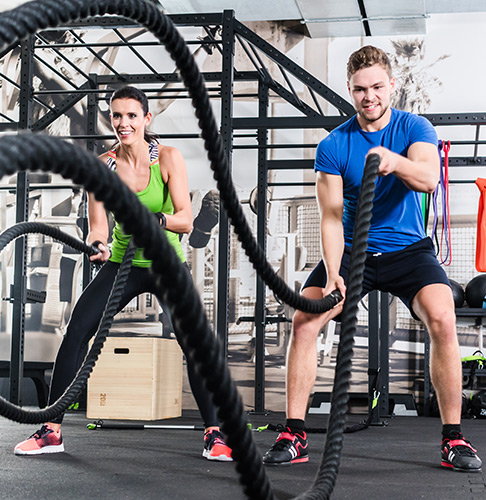In fitness, the ultimate goal is to build a healthy lifestyle for everyone who wants it. In order to do so, coaches and trainers must understand that every single person is a complete individual. No two clients are the same, and no two trainers are the same. That’s why this week I’m excited to bring you three articles by fitness industry leaders that discuss these issues. In the following articles, you’ll hear from experts about:
- How gender roles contribute to industry success
- How “a calorie is a calorie” differs in men and women
- …and how dieting is a privilege.
I hope you enjoy these articles as much as I did!
“Do We Have Gender Equity in Fitness?” by Amanda Vogel
Amanda Vogel brings a question that’s ringing across the corporate world to our doorstep. In the fitness industry, the majority of personal trainers and fitness instructors are women, but how does that transfer to leadership? Vogel highlights the issues with stereotypes, illuminating their roles in gender disparity in fitness. We’d like to think our industry is different. After all, we’re in the business of helping people achieve their goals, regardless of background. Read her article to find out why the fitness industry might have further to go than you think.
“I’m really sorry about your calories” by Jason Leenaarts
If you’ve been following my page, you know that weight loss is a simple equation of calories in vs. calories out. Jason Leenaarts wants to apologize, to both genders (but especially women), about the tiny portions they have to eat. Read his article to learn why men have an advantage when it comes to losing weight, and what women (and those who coach them) can do about it.
“Privilege and Intuitive Eating: A Few Thoughts” by Lore McSpadden
Lore McSpadden loves intuitive eating, and so do I. The concept of rejecting the diet mentality rings true throughout what we do at Results. What McSpadden highlights in this article, however, is the privilege that comes with it. They dive into how gender dysphoria and eating disorders relate to one’s relationship with food. They even demand that body liberation include “eradicating social inequity, food insecurity, and poverty”. Read their article to learn how, for some populations, intuitive eating might not be as simple as we think.

